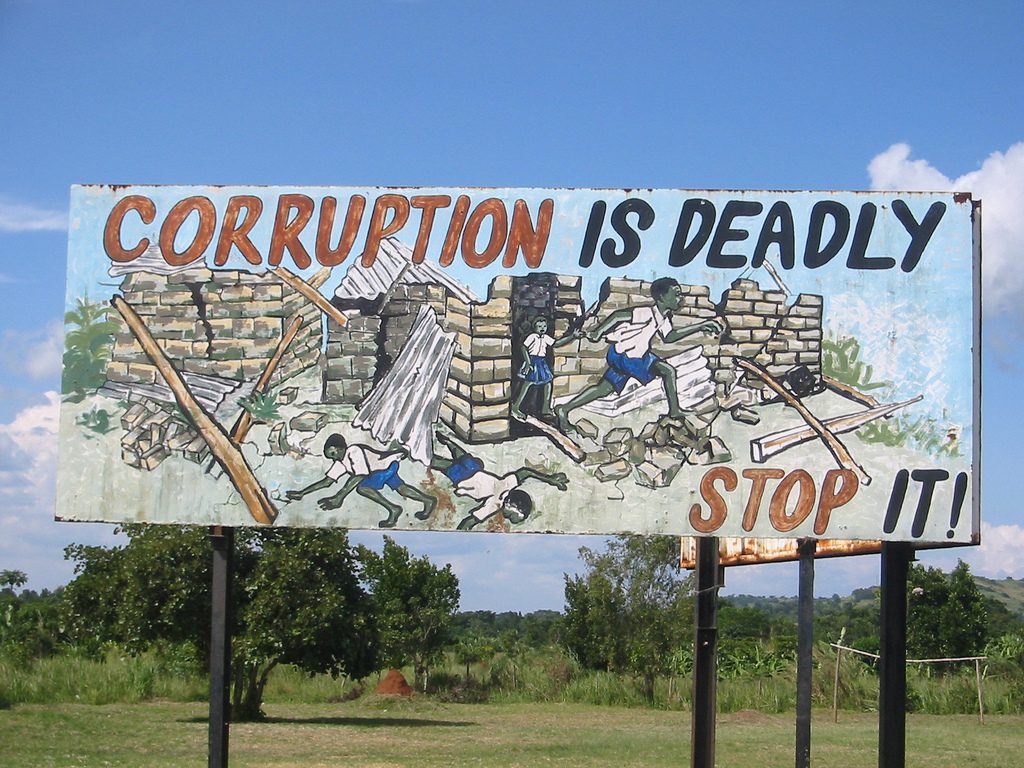Africa’s business leaders are extremely worried about the current levels of corruption in Africa. This concern is reflected in the 2016 “Africa Business Agenda” compiled by the international audit firm PwC.
Based on a survey of top business leaders across Africa, the report shows that 86 per cent of Africa’s CEOs are concerned about on-going bribery and corruption, with about two thirds emphasising that they are “extremely” concerned.
The PwC report released at the recent World Economic Forum on Africa in Kigali, admits this worry amid an otherwise positive outlook to Africa’s business prospects. Such a revelation sounds a strong caution but as well offers a unique opportunity.
The business sector is often accused of being on the supply side of corruption when dealing with public authorities. The business actors have the resources and if corrupt, can afford to buy influence.
In trying to enter new markets, or survive and maximise profits, business actors do what they can to have an edge over their competitors. This legitimate search for an edge sometimes leads to corrupt practices. From less complex actions like bribing authorities to win contracts, acquire licences, or avoid taxes, to more complex processes like influencing the outcome of parliamentary or presidential elections so as to have politicians regularly do their bidding over several years.
For business actors, the concern depends on where they sit. For those involved in bribing, these actions increase the cost of doing business and reduce their profits. And this illegal action is a risk that may never pay off.
But even if it appears to pay off in short-term, it cannot be sustainable in the long-term. For leaders operating clean business, the concern is that corruption by their competitors ultimately distorts markets.
Governments have the additional concern that over and above the dangers created by distorted markets, this corruption also weakens the state.
At the 2015 international anti-corruption day, Kenya’s president Uhuru Kenyatta admonished business leaders that by engaging in corruption, business weakens government. “Yet it is that same government which you rely on to defend your property rights; and to solve disputes between you and your employees, your partners and your competitors.”
Recent reports also reflect that large proceeds of corruption and illicit gain are directly moved out of African economies into foreign jurisdictions.
Not only do corrupted African public officials invest the proceeds in foreign bank accounts, real estate, or luxury assets abroad, but businesses do also shift profits to low-tax or secrecy jurisdictions.
The bulk of this is facilitated by business actors.
In last year’s UN Economic Commission on Africa report on Illicit Financial Flows the authors identified that the greater part of Africa’s lost billions leave the continent through regular business-related activities. The report noted that the business sector has relative strengths in interpreting laws and rules and being able to avoid compliance with them because of the legal and accounting assistance it can draw upon. While Africa remains a good destination for business investment, the continent is losing more than $50 Billion annually through these illicit financial outflows.
That Africa’s business leaders are extremely concerned about corruption is a great stride. This concern should translate into action both as individual businesses but also collectively as the business community. Business is a great partner in this fight.
From signing up to international initiatives like the UN Global Compact, to supporting anti-corruption efforts of government and civil society in the countries of operation.
The complexity of corruption, the vast amounts of resources currently lost, and the long-term negative effect on Africa’s economies all call for a joint search for solutions.
In the report, Anne Eriksson, PwC’s Senior Partner for East Africa, adds a call that Africa’s business leaders would do well to heed. She salutes emerging efforts by the private sector in pushing for legislation and the codification of business practices against corruption.
She adds that such efforts will foster a less corrupt business environment “but it must be led from within, from the top, by everybody.”
Paul Banoba works with Transparency International’s Africa Department.


